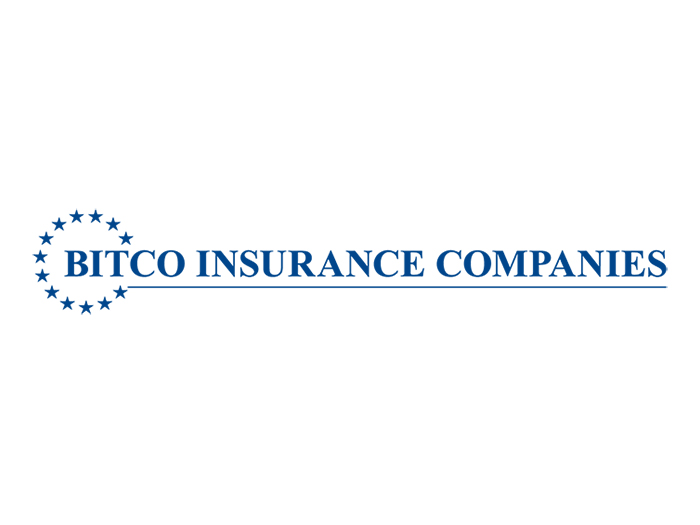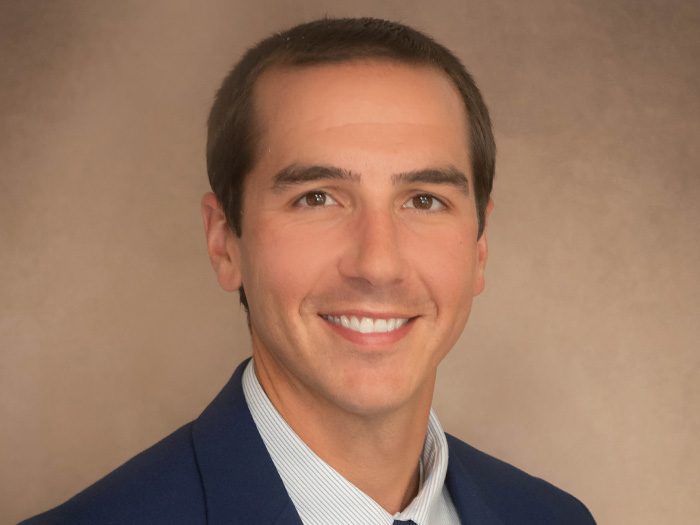Risk Insider: Terri Rhodes
2017 Forecasts for Absence and Disability
Paid Family Leave
2016 was the year of paid family leave. While the chance of change at the federal level is unlikely, paid family leave remains the top absence and disability management trend of 2017. Work-life balance is especially important to younger employees, while the labor market continues to tighten. Thus, increasing numbers of large employers are offering paid parental leave as a central recruitment and retention strategy. We’ll see more of this in 2017.
Even more important, localities and states continue to pass paid family leave laws. New York City and San Francisco already have such laws. In 2016, California, New York, New Jersey, and Rhode Island were joined by the District of Columbia (D.C.) with paid leave laws. What is especially noteworthy about D.C.’s law is that it is funded by a tax on employers. The millions of dollars in revenue will be used to set up a separate department to administer the paid parental leave law. If this is imitated in other jurisdictions, it could have major ramifications for the “who pays” dimension of paid leave.
Paid Sick Leave
Over the last several years, paid sick leave laws have ranked high as a continued trend in absence management. Five states, 29 cities, two counties, and Washington, D.C. have some form of a paid sick leave law. We believe there are more to come with legislation pending in more than 25 states. Most paid leave laws offer job-protected absences and/or layer on top of other job-protected leaves, which provide a host of administrative issues. The laws themselves often differ in important ways. Those employers operating in a multi-state environment are left with an array of laws and regulations with which to comply. This will be a key issue in 2017.
Outsourcing ADA
Outsourcing absence management has steadily increased over the last several years, with ADA outsourcing now leading the way in growth. Technology has changed the cost equation. According to the 2016 DMEC Employer Leave Management Survey, even employers with fewer than 250 employees are outsourcing. The most common outsourced programs are state and federal FMLA. From FMLA, it is a natural leap to look for help managing ADA obligations. Medical information for documentation is similar for both laws. We will see this outsourcing trend continue in 2017.
Vendor Engagement
Vendor engagement emerged as a trend in 2016 and will come into its own this year with growing implementation of vendor summits. Summits allow vendors to better learn the needs of employers and capabilities of other vendors. All concerned can step out of silos and look at absence and disability management in a holistic way. This can result in more efficiency and improved services. Summits help move relationships from “vendor” to “partner,” and we anticipate more employers will take this approach.
Workplace Mental Health
2016 witnessed both vendors and employers more focused on finding solutions to growing awareness of workplace mental health issues. At the 2016 DMEC Annual Conference, we dedicated a full-day preconference workshop to workplace mental health topics and discussion. 2017 will see even greater efforts to develop and implement behavioral health strategies. We also hope to see less stigma in mental illness.
Absence Management Professionals
Finally, we will continue to experience professionalization of absence and disability management in 2017. This has been and will continue to be driven by the growth and complexity of leave laws. Adding value in these circumstances requires continuous learning. Conferences, seminars, and professional designations like the new Certified Leave Management Specialist (CLMS) program give those in the field the tools to excel.
The labor market should continue to tighten in 2017. That means richer benefits, increased employee mobility and higher costs for employers. Now more than ever, it is important for absence and disability management professionals to learn and use innovative skills and programs to help lower those costs. For those who do, 2017 should be a year of greater professional and personal rewards.










